The Critical Condition
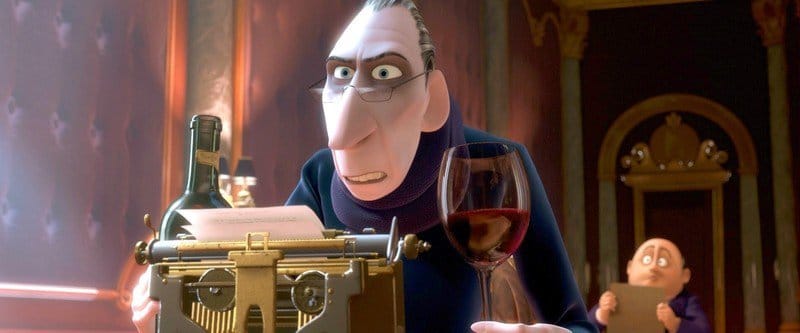
Hello friends. We're living in exceptional times, so I'm going to make this post the exception to my normal critiques to talk about the state of criticism itself. From the outside it may seem a trifle compared to the bigger, material issues bearing down on us, but the informed critique, as opposed to passive acceptance or reflexive contrarianism, is crucial for civic health. If we don't have space to think about intangibles like art and aesthetics, what hope do life and liberty have?
If you do want to get your movie review fix, my podcast with Steven Santana is going strong and just dropped its Shin Godzilla episode yesterday. And while writing this piece I watched and put down my thoughts on the Roger Ebert documentary Life Itself on my Letterboxd. Cogito, ergo criticum!
Intro: Discordant Discourse
There's been of late a conversation about the state of the arts and criticism, or at least a convergence of parallel anxieties. Recently the New York Times announced a shift away from reviews in its music, TV, and theater coverage. Not to be outdone, Vanity Fair will be cutting back on "news aggregation, reviews and trade coverage" of entertainment in favor of "Hollywood, Washington and style," laying off their film critic and two reporters. These prompted a defense of reviews from New Yorker film critic Richard Brody, and on Bluesky TIME Magazine's Stephanie Zacharek connected these to a broader war against expertise waged by the C suites.
The sense of impending doom is even more acute in gaming spaces. Just last week the state of criticism was the subject of an Aftermath podcast. Back in May Kaile Hultner of No Escape wrote a piece about the future of criticism, expressing pessimism about the unstable diffusion of paywalled independent websites, scattered newsletters, and logorrheic podcasts and video essays. Around the same time came a Bullet Points podcast lamenting that games came about in such a market-oriented environment that real criticism, separate from product review and fandom, has been mostly smothered in the crib. These were in response to what was then the newest bad news about games media layoffs (there has since been more), but there's plenty to go around.
The malaise is universal. Around that same time W. David Marx's "The Missing Piece in Conversations about “Cultural Decline”" zoomed out to consider the whole of 21st century cultural stagnancy and proposed the problem was poptimism run amok. Indie game designer Em Reed responded that any framing of cultural 'decline' is reactionary in nature, and anyway some trash is more interesting than pretension. And developer Stephen Gillmurphy took that and posited that "the aesthetic," a feeling of non-alienated life, is what people are chasing in the culture these days, regardless of its elevation.
Lest that seem too airy and abstract, here is an Atlantic article that explains what is at stake with the death of arts criticism:
The demise of [event] listings is “tangled up with the erosion of review coverage,” the jazz critic Nate Chinen told me, while stressing that “the fundamental utility of a publication is bringing people out” to see a gig: “The immediate danger is that artists play and people don’t know about it.”
Chinen would know. He wrote the jazz listings at The New York Times from 2005 until 2016. Those blurbs, he understood, could mean the difference between a standing-room-only show and one where the musicians outnumbered the audience. Today, it’s harder than ever for aesthetically adventurous artists to make ends meet. Some have left the business, and others limp along, subsidizing their income with teaching gigs and odd jobs. Meanwhile, pop stars are doing great.
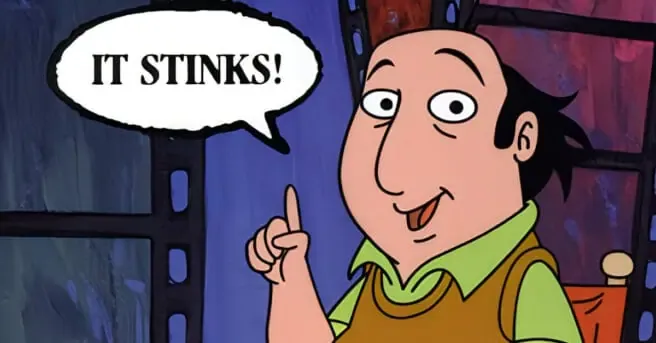
My modest readership (thank you all, truly) is equal parts people who work in digital media and are all too familiar with its ongoing death spiral, and those who don't and may have no idea such a thing is occurring. Being someone who never took the plunge into a proper writing career but is an avid reader of many who did, I'm somewhere in the middle–the medium's medium—and so I hope to appeal to both, with an abridged telling of how we got here, and how we might get out.
I. Printing, Pressed
Publishing as we knew it, post-Gutenberg, used to mean printing information on physical sheets of paper in magazines and newspapers. This required large amounts of capital, which paid for equipment and trained staff to operate and distribute it, and so people got their information from the relative handful of media organizations that could afford those expenditures. Advertising and mass media have always gone hand-in-hand, and the producers of virtually every medium found that reviews in these publications were a way of ginning up awareness and interest in what they were selling. Critics and their independence have always had an uneasy relationship with the needs of commerce, but they were considered valuable enough by their industries and publishers, and readers, to be employed to cover and render judgment on the newest releases. The limited number of publications and writers working for them made it possible for a conversation to be had among them, to follow them, and for certain of them to rise to prominence.
It's in this environment that someone like Roger Ebert not only exists but is hired by the Chicago Sun-Times in 1967, wins the Pulitzer Prize for criticism in 1975, with the Tribune's Gene Siskel hosts At The Movies on ABC starting in 1986, and becomes the most well-known critic in America up through his death in 2013. Ebert was an early champion of Errol Morris, Werner Herzog, and Martin Scorsese among others. His advocacy brought attention to their work that allowed them to grow into the legends they are today. Someone of Ebert's pedigree could only become so renowned in a media ecosystem that was small and well-funded enough to support such people and guarantee them an audience who, crucially, could receive mass media but not create it themselves.

None of that is true anymore. Today 'Publish' is a button on the upper right-hand corner of my browser that I can press to instantly put my thoughts out into the world. Anyone can read them, and anyone can write them as well. Where production and distribution used to be barriers to entry for an aspiring writer or artist, now it's discoverability. The algorithms which bring pieces of media to their users favor quantity over quality. Releasing countless off-the-cuff provocations, or even just shitposts, instead of less frequent, more considered pieces, is how one gets that all-important engagement. Hence the complaints about the unwashed masses and influencers of Reddit and YouTube polluting the internet with their garbage takes, troughing on slop while intelligent criticism withers of malnutrition.
In this complaint of Web 2.5 are echoes of the suspicion of bloggers in the 2000s. Professional writers who had spent decades in the relative slow roast of daily, weekly, monthly media were suddenly in a pressure cooker with loud guys in their pajamas who posted several times a day. Yet blogs and bloggers were a net positive, Harry Knowles notwithstanding. The blogosphere fostered conversation and community among writers and readers, and it gave the old guard new ways of interacting with their audience. Roger Ebert himself, ever the communicator, proved as adept at blogging as he had been at television and news print, posting thoughtful reflections that ranged far beyond cinema to encompass life itself after the last of several surgeries left him unable to speak. A medium that has not yet matured need not necessarily cultivate immaturity.
It can only be as good as the environment that sustains it, though, and digital media are in a bad way, which is to say all media are in a bad way. Advertising dollars remained the lifeblood of mass media even into the internet era, and for reasons that could fill an essay of their own the ad model is breaking down. That breakdown has been accelerated and encouraged by the rise of social media, the tapeworm of mass communication.
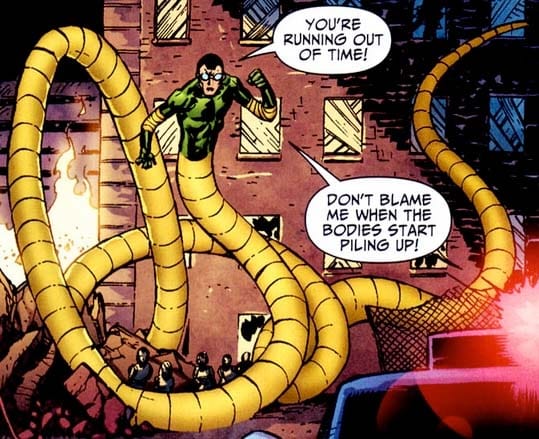
II. The Platform is the Planet
Marshall McLuhan, sufficiently famous in his own time to be the subject of an iconic Woody Allen joke, had his refrain, "The medium is the message." The method in which content is delivered says just as much as the content itself. Yet as much as the smart phone communicates hyperlinked atomization, being everywhere and nowhere at once, McLuhan's maxim feels insufficient for explaining why the current crisis is more acute than others before. The element of user agency, the sheer ubiquity of the internet, and the way it has subsumed most other media, makes comparisons to them inadequate. The portable, social media-dominated internet dictates how information is transmitted not from the top down, but outward from every node of a user network. The various ways of interfacing with others make social media platforms less like looking at a painting than being inside of one; whatever pose you strike, it's by someone else's brushstroke.
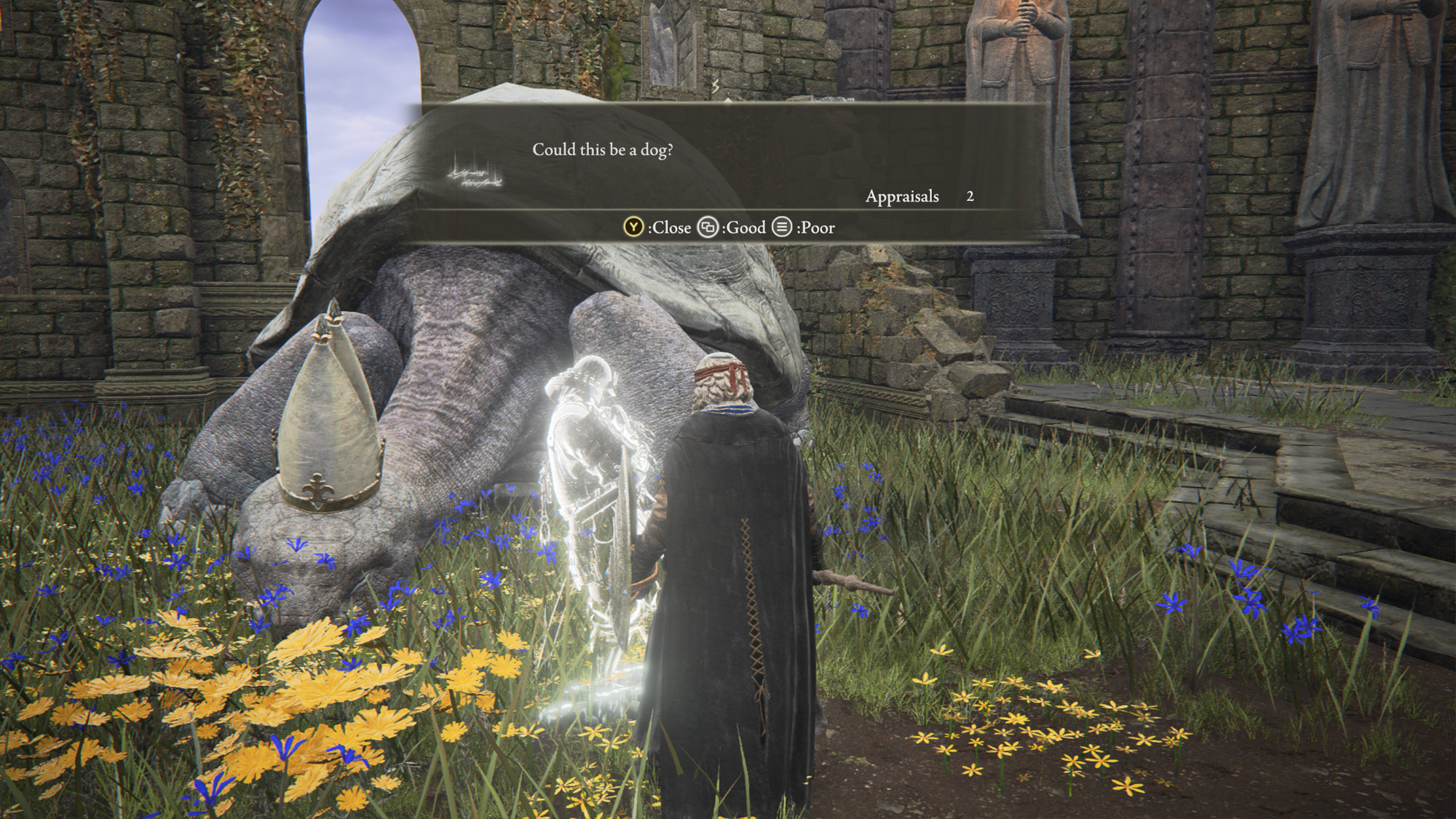
The all-consuming nature of social media platforms has parasitized not just our attention, as we often lament, but our most mundane interactions. Public discussions among writers, the dread Discourse now found on Bluesky (previously Twitter), used to play out on blogs that would send readers to each others' pages. Likewise public comment sections, which with moderation could be as rewarding to read as the articles, have given way to private Discord servers. One used to go to the various websites to read and talk about articles and posts. That's only half-true now, and only for the most committed readers.
Worse still is the effect platforms have had on general reader habits. As Facebook and Twitter gradually supplanted the traditional websites as hubs of conversation, casual readers increasingly only visited when linked out to individual articles from the platforms. And that's if the algorithm, which became increasingly pay to play, showed those links to users in the first place. Within the space of a couple decades media organizations went from destination to diversion, and much of the ad revenue sites received from that regular traffic was transferred upward to a handful of billion-dollar sites that reaped the benefits of publishing with none of the obligations. The media has faced even more existential dangers in this time—consolidation, buyouts, lawfare, a hostile government—but social media is the most pernicious. A vengeful oligarch may be a declared enemy, but the platform is the planet, and it is increasingly inhospitable.
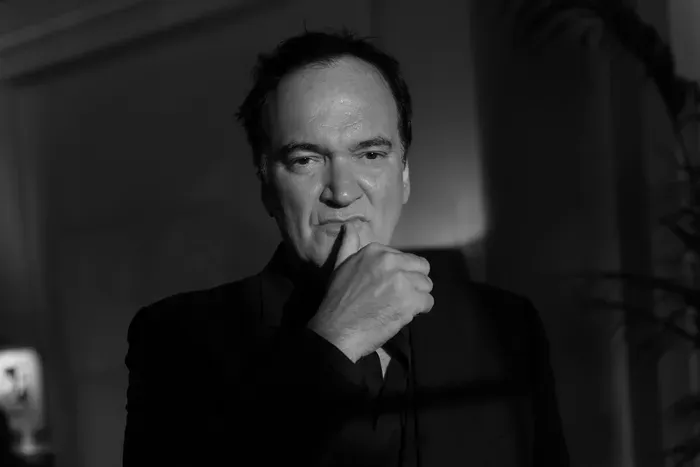
There's no going back to even the bad old days. Twitter, Facebook, and Google have all enshittified. Video is easier and cheaper to produce than ever but requires massive server infrastructure to host, and so entire careers now live on platforms like YouTube and Twitch, subject to arbitrary and infantilizing content moderation standards and capricious algorithm changes that will cut off revenue without warning or reason. It's not impossible for good criticism to emerge from this environment, plenty of it has, but it's outnumbered by magnitudes, and the conditions work against it at every turn.
The broader creator economy, which includes many, many critics, is sustained more or less entirely by one platform, Patreon. Many of the erstwhile blogging cohort took to Substack, which branded itself as the platform for longform writing but has begun to throttle new subscriptions for free accounts (and is also fine with hosting actual Nazis and recently promoted them "accidentally"). It's an increasingly precarious arrangement. The fact that a dozen billionnaires who will die unloved are the ones breaking everything is maddening and makes any proactive, large-scale change seem impossible. But we live in impossible times, the best time to think big.
III. A Communiques Manifesto
It's easy in these dire circumstances to take moral, or at least moralizing, stances: to propose the virtuous path, declaim it to others, and walk it thyself. And absolutely, individual action has its place: small publications are sustained by subscribers, especially those that eschew advertising. But fundamentally it's a collective action problem. Whether it's voting for the lesser of two evils or going out to the theater instead of pulling up Netflix on their TV, if you have to explain why your pain in the ass course of action is good, actually, you've already lost. Social media became unavoidable, and generative AI may well do the same, because it's easy. The path of least resistance is the path of most people. Any way out is going to involve changing habits, not minds, which means removing barriers to entry while making the alternative untenable. To that end, here are a few modest proposals.
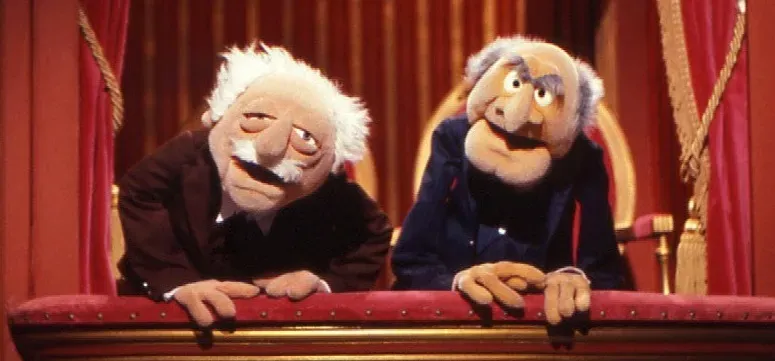
Destroy Social Media As We Know It
Extreme? Impossible? Maybe so, but I hope I've sketched out why it is necessary. Whatever democratization has resulted from the likes of Facebook, Twitter, Instagram, Substack, YouTube, TikTok, Twitch, doesn't make up for the entire professional industries they've cannibalized, along with the broader damage they've done to the social fabric. The national political environment has winnowed the possibilities for federal legislation and regulation, but much can still be accomplished at the state level and in Europe. They're trying to build data centers everywhere they can; fight back! Find creative ways of degrading their service and reputation; they might make you CEO!
Rebuild the Advertising Model
Boo, hiss! Yes, yes, we can and do support our independent outlets and writers. But there are only so many proverbial twenty dollar bills that can get passed around. The only way to reverse the incipient hobbyfication of criticism and media in general is to make it possible to pay a critical mass of writers and editors and all the support staff needed to keep an outlet running. Advertisements are the only way that happens at the necessary scale. It need not take the same obnoxious model that web-based advertising has before; banish pageclick metrics, manually and tastefully embed ads into the page formatting, advertise things people are actually interested in. Print and TV outlets managed to coexist with ads for decades, surely it can be done in the infinitely configurable UX of digital media.
Build Back Blogger
The blogosphere was what it was because people wrote and responded to each other, building up conversations and communities in the process. Of course, they didn't need a checklist to tell them to blog. They did so because it was engaging, but also because it was the cutting edge of online communication. It was the default. The technology has moved on, and so has the zeitgeist. And let's be real, so have we. The blog era was a Gen X-Millennial experience, we're all twenty years older, with families and debts and obligations, and there's no going back to a pre-Gamergate online environment. I cite that time not as a blueprint but a lodestar of decentralization; whatever form it takes, the scattered forces of cultural critique will need to be united by more than a given platform.
Meet Them Where You're At
One of the takeaways from last fall's grim election outcome was the need to rebuild civic infrastructure. The discussion was about left-of-center politics, but it holds just as true for the world of arts and letters. Local media has been decimated by many of the same forces that wrought havok on national outlets, and the smart phone revolution effectively meant all but the most locally-centered cultural work was aimed at an online audience. In-person music and literary scenes still exist to some degree, but none that could grow to command national attention. That's probably for the best in an age of dubious virality, and the diminished size means there's likely room for you to find your place. It's a hassle, but one that puts you at an advantage to the internet slop merchants, who are above all lazy and depend on frictionless automation.
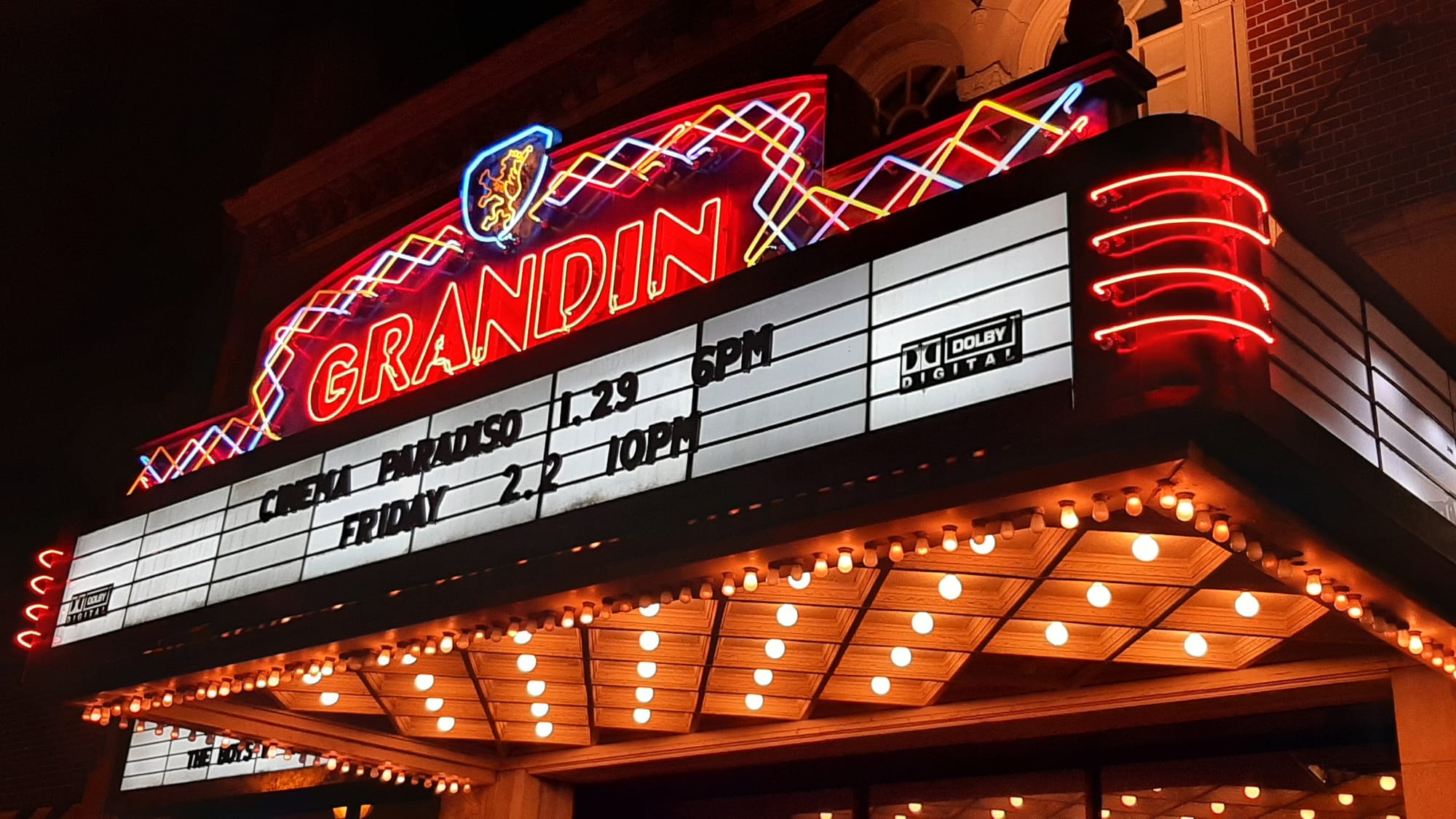
Conclusion: Know Comment
Don't mistake the pie-in-the-sky fantasy of these proposals as naivete. As I was finishing this piece up the Chicago Tribune eliminated its film critic position, six months after the Chicago Sun-Times did the same. The world of Gene Siskel and Roger Ebert is well and truly gone. But RogerEbert.com soldiers on, staffed by a cadre of critics Ebert picked to follow in his stead, who are just as dismayed by the state of things as I. But if the decade of "disruption" has taught us anything, it's that nothing is static. The Defector model of a worker-owned, subscriber-driven media cooperative was established a little over five years ago, and Twitter's sudden collapse occurred less than three, so there's no predicting where we'll be in 2030. As Joe Strummer said, the future is unwritten. Who better to write it than the writers?
Enjoyed the read? Subscribe for free and get the next one as soon as it's published! If you know someone who would enjoy it, share the link. And if you want to support Cinema Purgatorio, any tips I receive will help to offset hosting costs. Any support is appreciated.
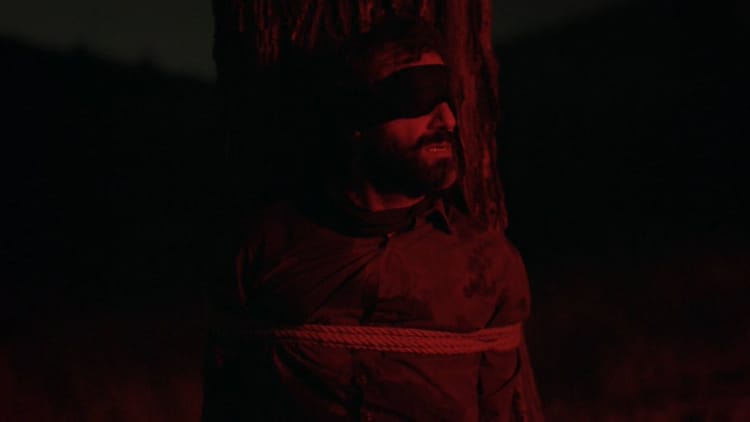
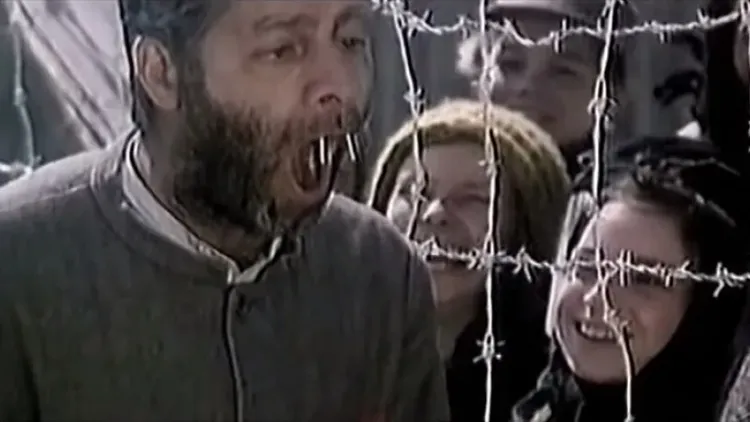


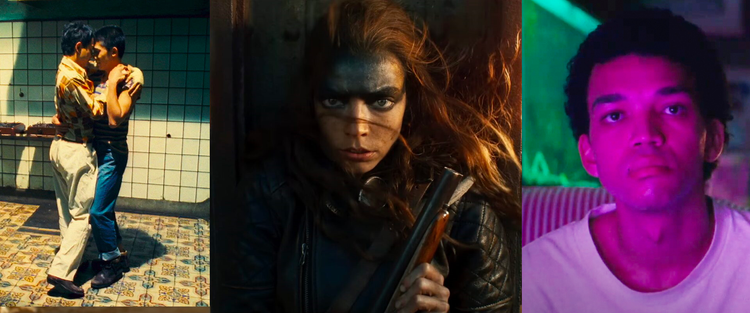
Member discussion